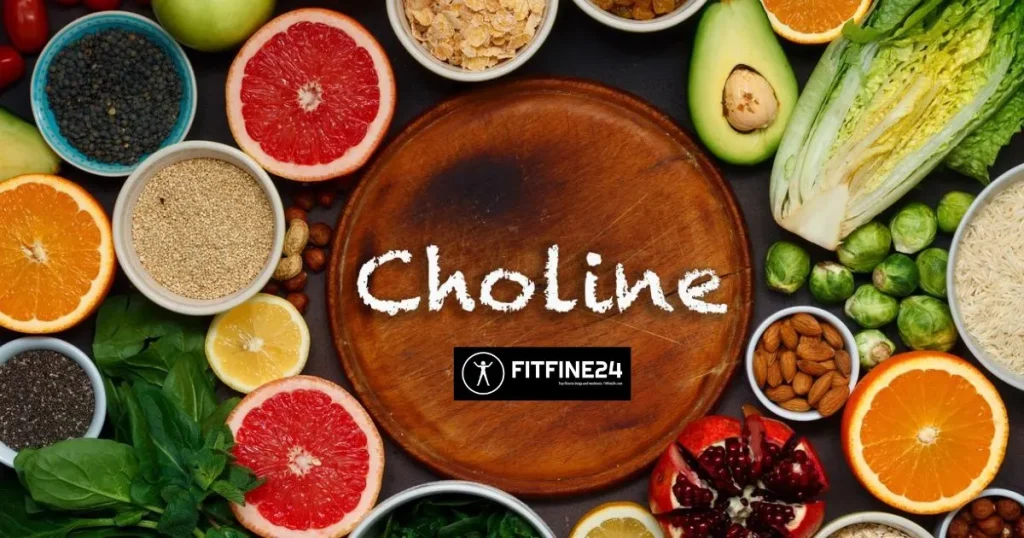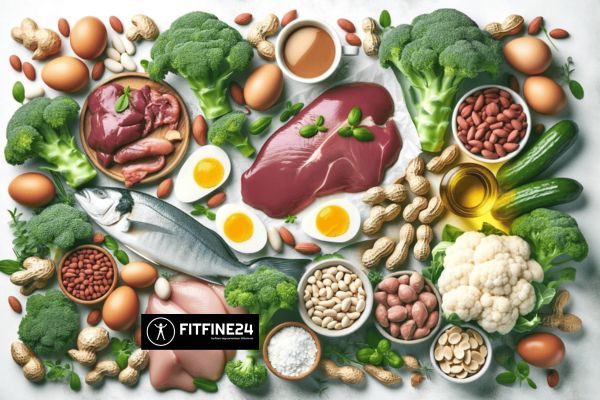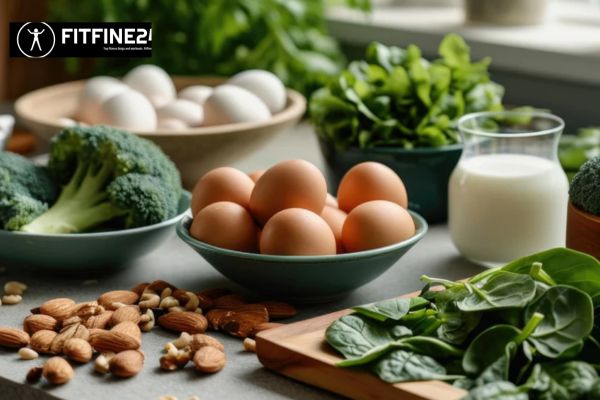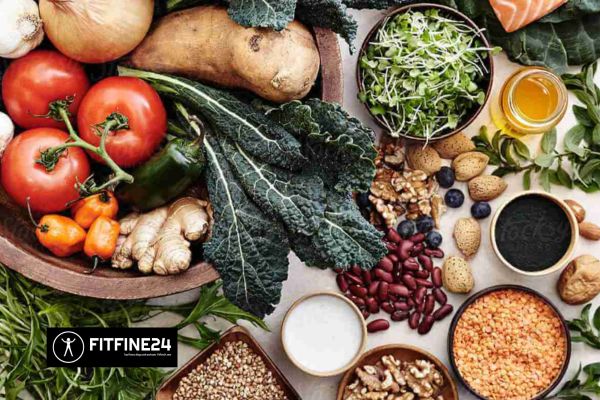introduction
Choline seems to be the latest “We need more of this” nutrient in health and wellness. Vitamins are crucial for brain health, liver function, and body performance of our whole organism, so naturally, they also began to gain a lot of buzz among people about a healthy lifestyle. While it is overshadowed by vitamins and minerals, they are in themselves also essential nutrients for good health. In this article, we will give you a closer look at vitamins—what they are and why people currently recommend their use—as well as uncover if these recommendations serve any benefits for the user.

What is Choline and Why Do You Need It?
Vitamin A is a water-soluble nutrient that is grouped with the B vitamins for purposes of classification, even though it performs some functions typically associated with essential amino acids. The liver, brain function, muscle movement, and metabolism are all innervated by neurotransmitters. Our body is capable of synthesizing some amounts of choline but not in enough quantity to fulfill the daily requirements so it must be obtained from diet or supplements. vitamins are Important for Your Health Over 90% of us do not get enough cholesterol.
has been associated with brain health and is a precursor to the neurotransmitter acetylcholine, which is important for healthy memory and learning. GENERAL How Can Omega-3 Fish Oils Help The Brain? It supports cognitive function and can aid in the prevention of neurological disorders.

Vitamins are important to our overall health since the liver is one of the vital organs accountable for alleviating your body from destructive fat accumulation. also contributes significantly towards regulating various bodily functions that are dependent on it.
Cell Structure: Essential part of phospholipids, which are critical to maintaining the structure and properties of cell membranes.
Musclemovement plays a role in helping nerve impulses to keep flowing through muscles.
Why Choline Is Trending Now At fitfine24
For the last several years, choline has stepped more into awareness as an important cog in cognitive health — primed to seize center stage for age-related needs. The possibility that may reduce the risk of liver disease and improve metabolic health based on previous research might be an additional reason for nutritional enthusiasts to cheer. As brain health, specifically concerning memory and lifespan, has become more in the spotlight, as a nutrient is becoming even more prevalent both on its own and as part of finished supplements.
Top Food Sources of Choline
So again, you can find supplements at your disposal but make sure to consume them via natural sources. The following list includes some of the best food sources in your diet:
Eggs: One of the best sources, with one egg yolk having approximately 147 mg of choline
Liver Beef Chicken Liver is high in, a smart choice for increasing your intake of Z.
Fish are foods that are very rich in cholesterol; salmon and cod are types of fatty fish with high contents.
Cruciferous Vegetables: broccoli, cauliflower, and Brussels sprouts come from plant-based sources.
Chickpeas, kidney beans and soybeans are fantastic for vegetarians or vegans.
What to Seek in Choline Supplements
This is what you should take into account when contemplating a vitamin supplement to satisfy your daily requirements.
Choline Forms: Signs To Look For On Supplements Include Bitartrate, Phosphatidylcholine, And Alpha-GPC, As These Are Some Of The Most Effective Types.

Dosage: As an essential nutrient, daily recommended values vary by age and gender (i.e., about 425 mg per day for most adult women and 550mg/day for (~1/3 of tsp or one gelatin capsule). Follow the correct dose that a healthcare provider prescribes.
Quality: Opt for quality supplements from reliable brands that have undergone third-party testing for purity and potency.
Ways to Add vitamins to Your Eating Routine
Again, you can take the recommended amount every day in various ways.
Begin Breakfast with Eggs: If still nothing changes, here is a basic morning feast alternative–eggs.
If possible, be sure to get some liver each week on your plate—even just once a week can do wonders for vitamin intake.
Make a Choline-Filled Smoothie: Blitz spinach, soy milk, and a spoonful of sunflower lecithin (a great source of phosphatidyl) in a nutrient morning shake.

Chow Down on Some Nuts: Almonds and peanuts make for great portable snacks, containing small amounts of choline.
Why You Should Meet Your Needs
Benefits of getting enough caffeine:
Improves Memory & Focus—for Acetylcholine Production: The primary cognitive benefit is acetylcholine formation, due to which memory retention and focus are increased.
A Healthier Liver: Choline plays a critical role in protecting against fatty liver disease and supporting detoxification pathways.
Increased Metabolism: Colin helps to break down fats and is associated with long-term weight maintenance.
Supports Healthy Pregnancy: Pregnant women need choline since it is essential for fetal brain development and reducing the risk of neural tube defects.

Conclusion
Choline is a less-known about nutrient but its value cannot be overestimated. Research is increasingly demonstrating the importance of choline in not only cognitive function but liver and health as well, prompting further trends towards choline incorporation into our diets. Even though your body can make choline, incorporating foods that supply you with it and considering supplements for those who need them is an effective way to keep good health naturally.

